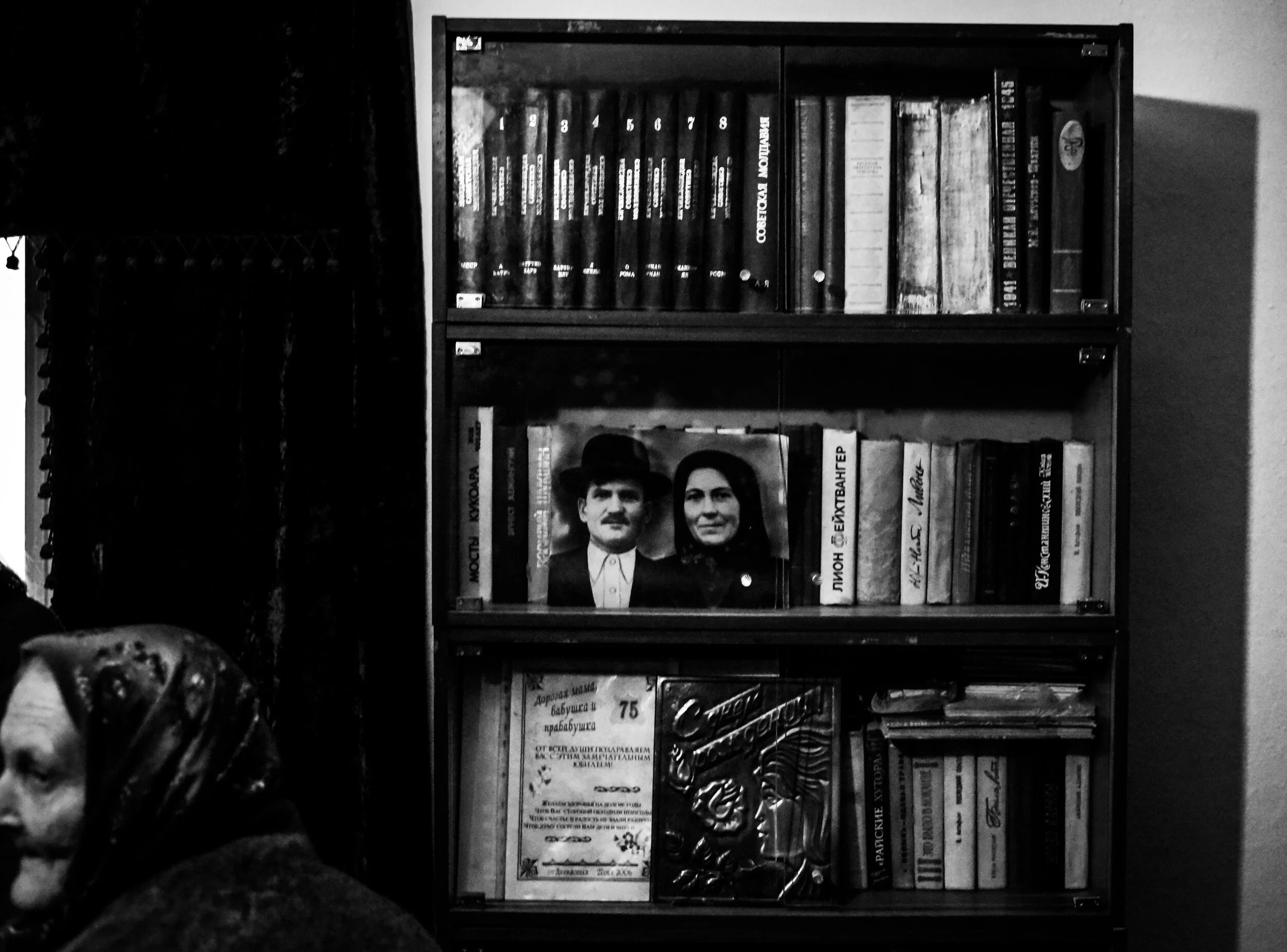
Ukrainian traditions, decolonization, and reporting from Bakhmut: An Interview with Myroslav Laiuk
Interviewed by Olena Lysenko
“In Bakhmut, people have grown accustomed to sleeping in houses with broken windows, simply covering themselves with a few blankets. These are the harsh realities that currently have no solution. The unfortunate truth of our current reality is that people can become accustomed to living in a war zone.”
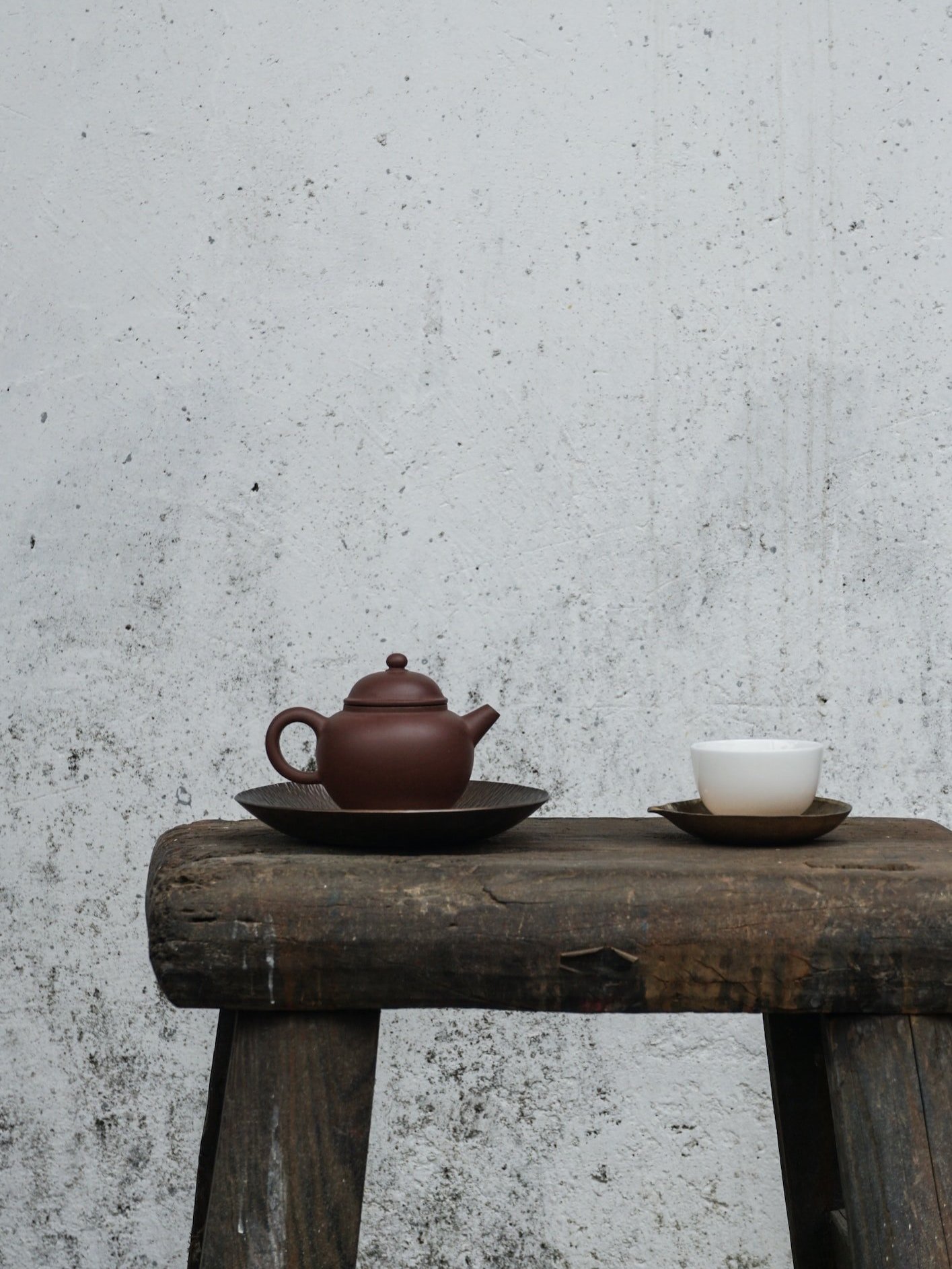
High Tea at the Kapurs'
by Karuna Ezara Parikh
She tells me and my college friend from London
– Diana, ‘like the princess!’ Aunty says –
that ‘nowadays it’s only for marriage,
like we are Khatri, we want Karan also to marry Khatri.’
Diana asks why, as I dip Pure Magic in chai,
but Karan comes in, bringing with him hot-hot air,
‘Bhenchod’ he says, and tells us how the ‘bloody driver’ has been unfair.

Caste and Language: An Interview with Karuna Ezara Parikh
Interviewed by Iryna Verano
“It took me a long time to question my own caste identity. Sometimes consciousness works that way too. An ultra-liberal approach argues that we fail to see caste because we oppose it. But that, too, is problematic, and over the years, I have learned to see it, accept it, feel the embarrassment of it, and then work from that place of recognition, which I find healthier than the previous approach, which was uninformed.”
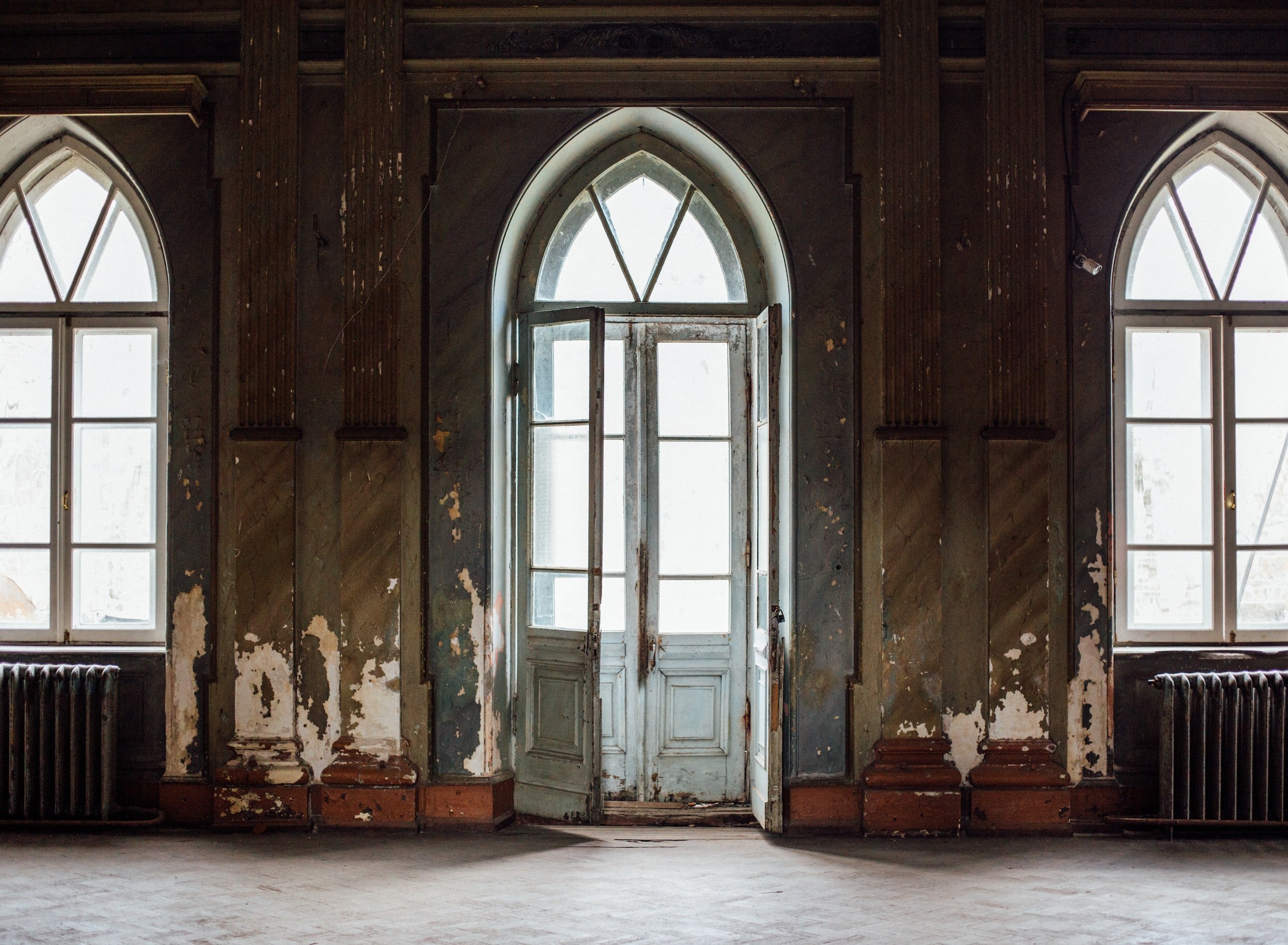
Diary of Silence
by Victoria Amelina
Translated from the Ukrainian by Yulia Lyubka and Kate Tsurkan
Since the start of the war, I have developed a cough – it chokes me as soon as I try to say something long and meaningful. Some say it's psychosomatic, while others say it’s because I sleep on the floor. Refugees sleep on the beds and sofas in my Lviv apartment (they say it's better to call them “new neighbors”, and that it's also better to keep quiet about the fact that they are refugees or IDPs).
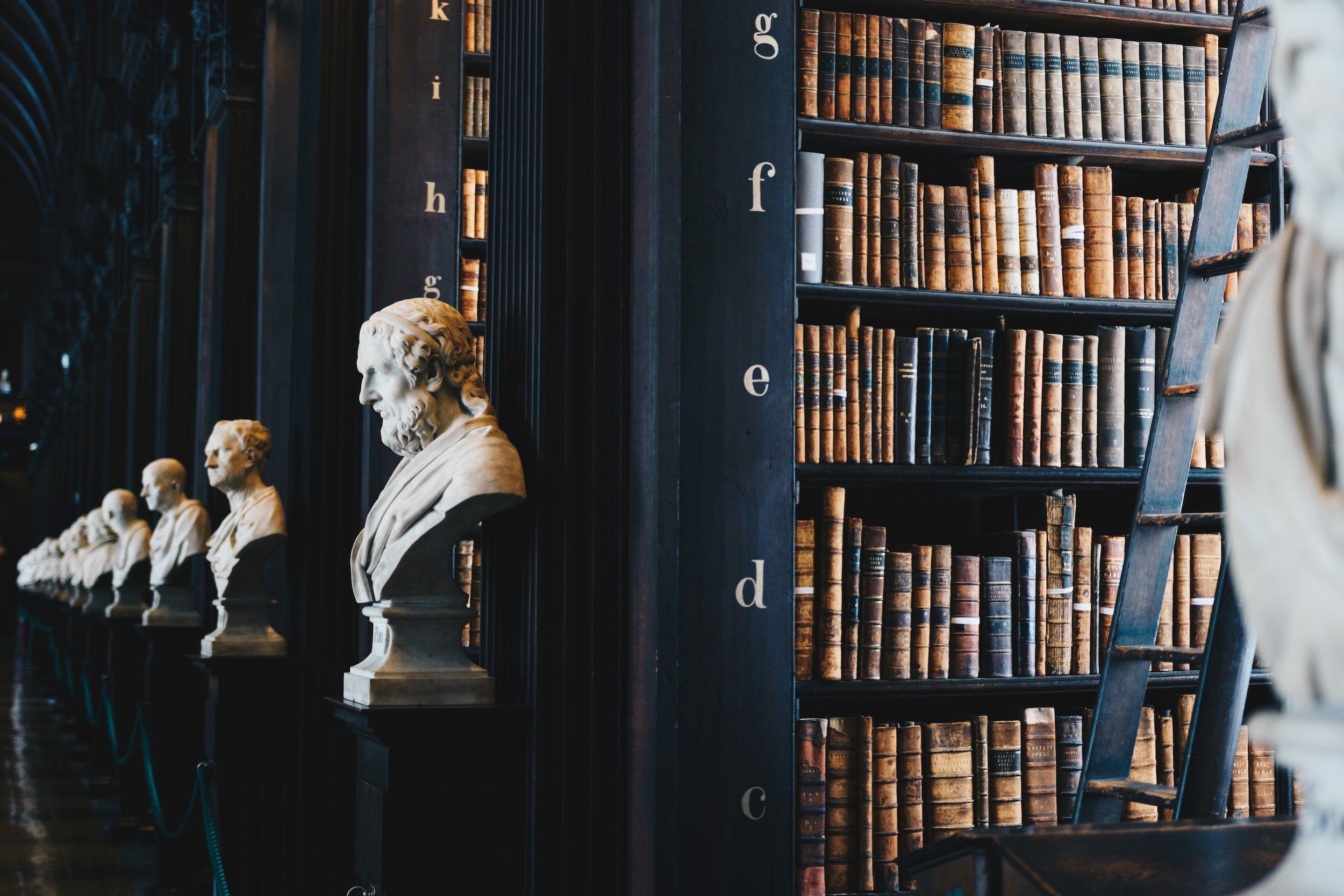
Philsophies
by S.T. Bryant
Othello teaches, contra Descartes, that we are perpetually,
to our precarious doom, unaware of that deepest in our hearts.
We are planetary, too planetary, orbital, to be so singular.
Always susceptible to annihilative ruminations, motives.
Our happiest times, our Monism, prey us to destruction.
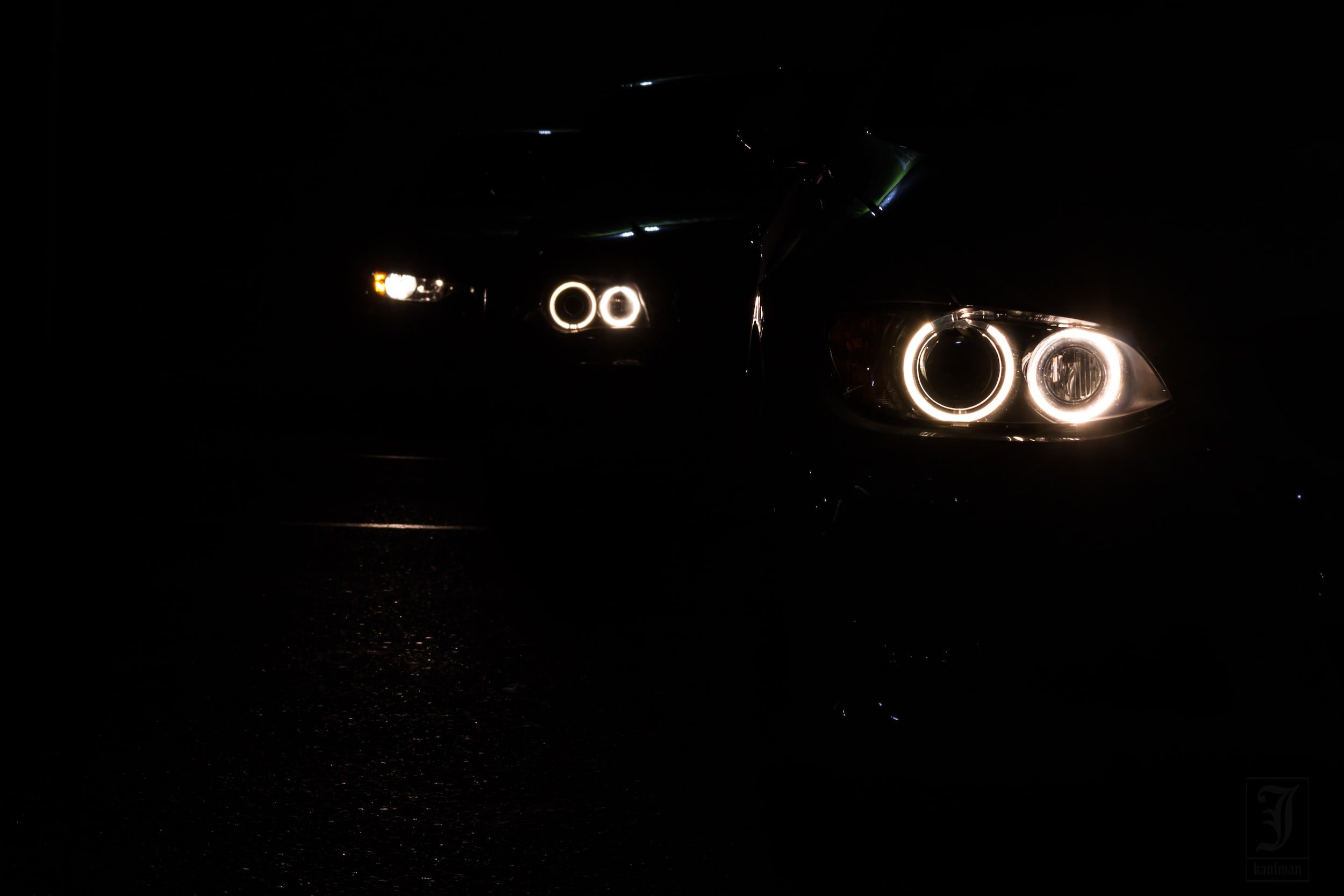
Further From Peace, Closer to Victory
by Iya Kiva
Translated from the Ukrainian by Yulia Lyubka and Kate Tsurkan
Time has never felt as heavy as it does now. It's like carrying a gravestone on your shoulders, bending your spine and distorting every step, an unshakeable weight that cannot be thrown off, like those with back problems cannot find comfort, trapped in the torture chamber of their own bodies.
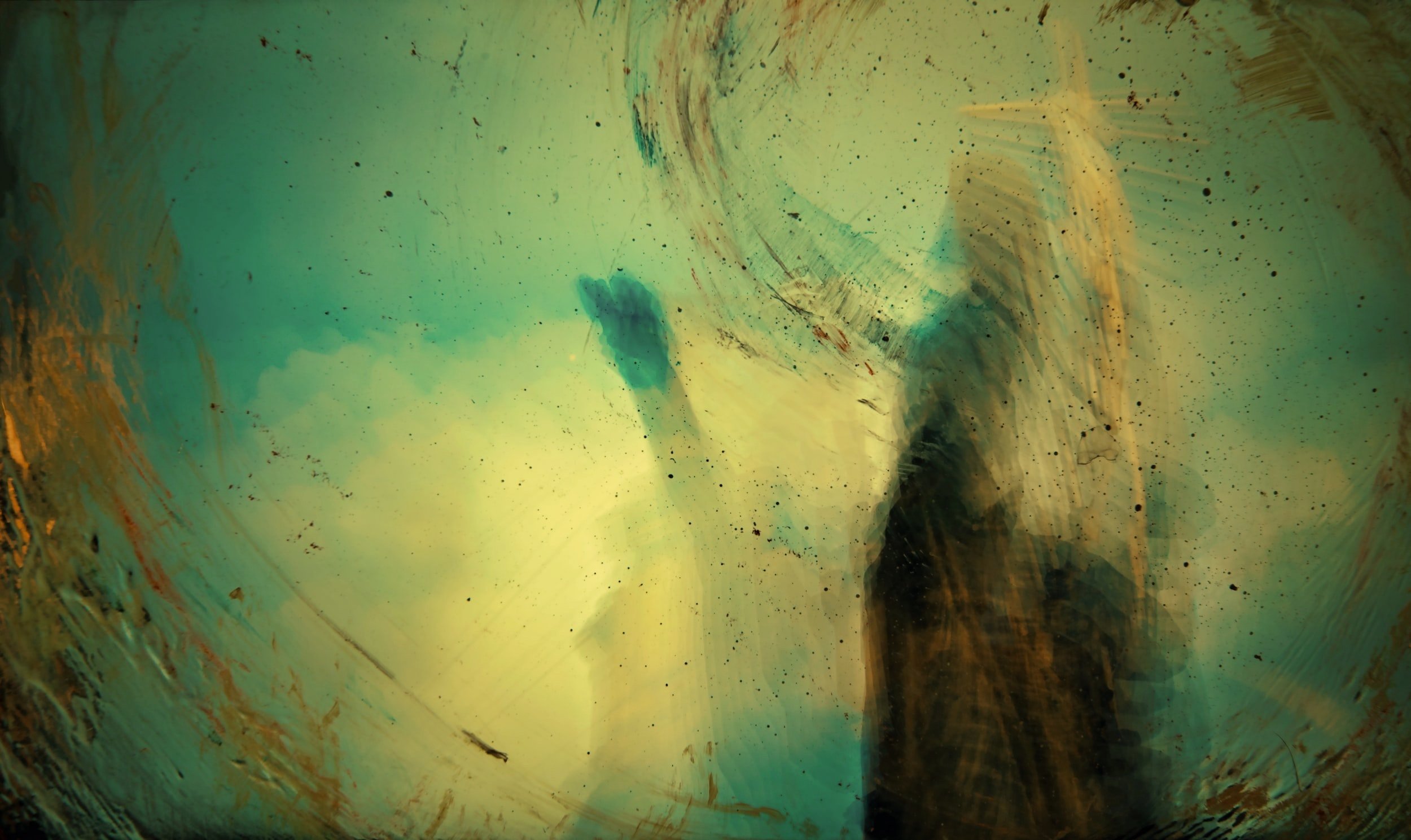
A Word: War
by Kateryna Iakovlenko
There is no place for poetry in war, yet the war has given rise to new forms of poetry. Ruined and abandoned houses, gutted forests, shelled land, and roads scarred by tank tracks began to resemble letters and unwritten sentences. Will someone add to them, cross them out, rewrite them, or throw them away like a crumpled piece of paper?
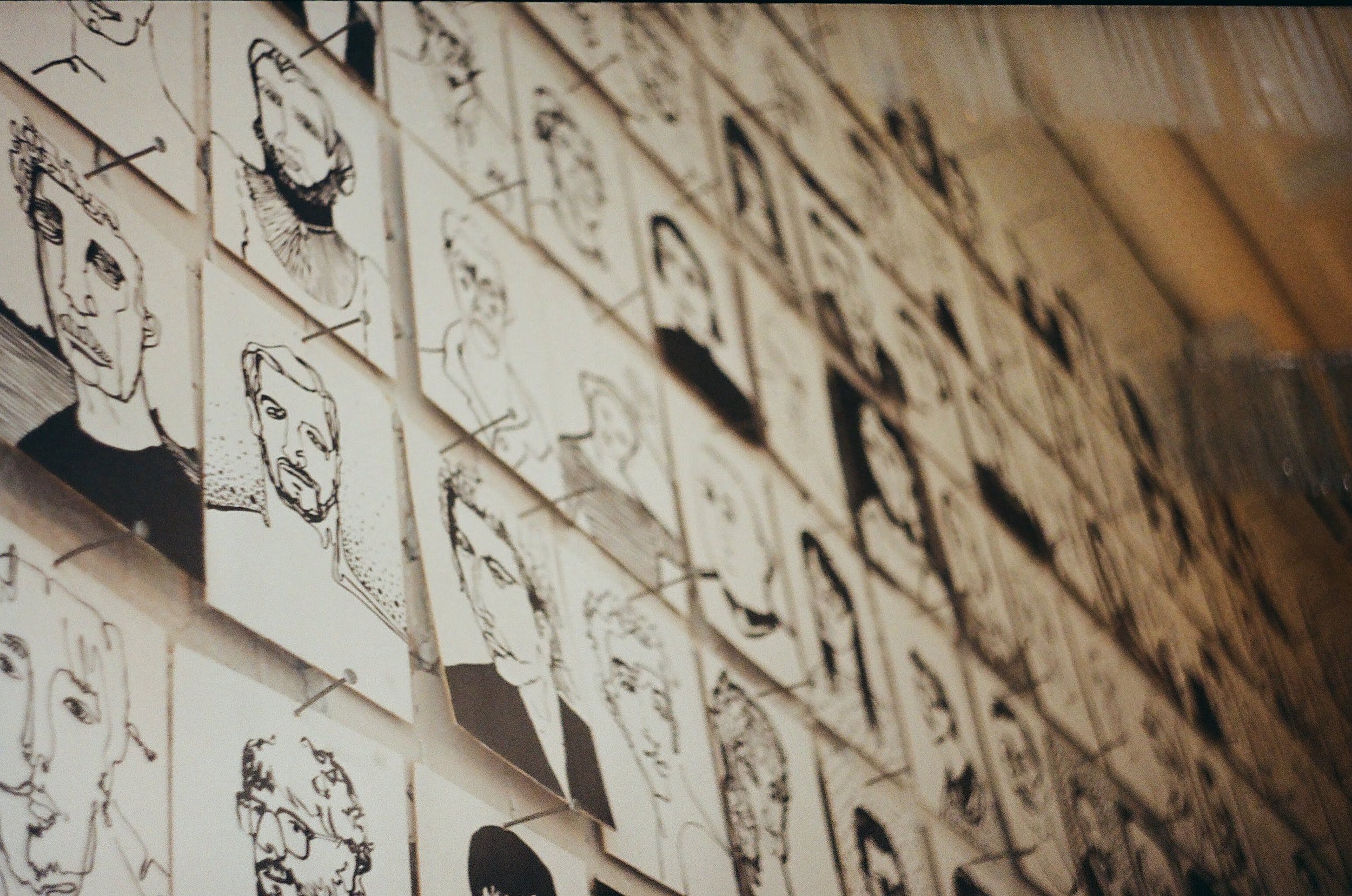
Us - You - Them
by Haska Shyyan
Translated from the Ukrainian by Kate Tsurkan and Yulia Lyubka
I'm not one to get nostalgic often, so it came as a surprise to me when I was overtaken by an intense and illogical longing to be in Ukraine during those early days of the full-scale invasion; the direness of the situation would likely have resulted in my fleeing to where I already am. I think this desire stemmed from my need to verify the truth of what was happening on my phone screen, which I carefully concealed from my child, pretending to be idly watching something while at work.

The Roots of War
by Yuliya Iliukha
Translated from the Ukrainian by Kate Tsurkan and Yulia Lyubka
As we drove the familiar route that I had traveled for years, I could list all the villages that dotted both sides of the Kyiv highway from memory. I didn't even need to look at the signs. They had been taken down during the first week of the invasion. As we passed Pisochyn, I was ready to start crying. Kharkiv was just a short distance away, and the images and footage I had been scrolling through on Telegram channels day and night left no doubt that my eyes would well up with tears before reaching Kholodna Hora.
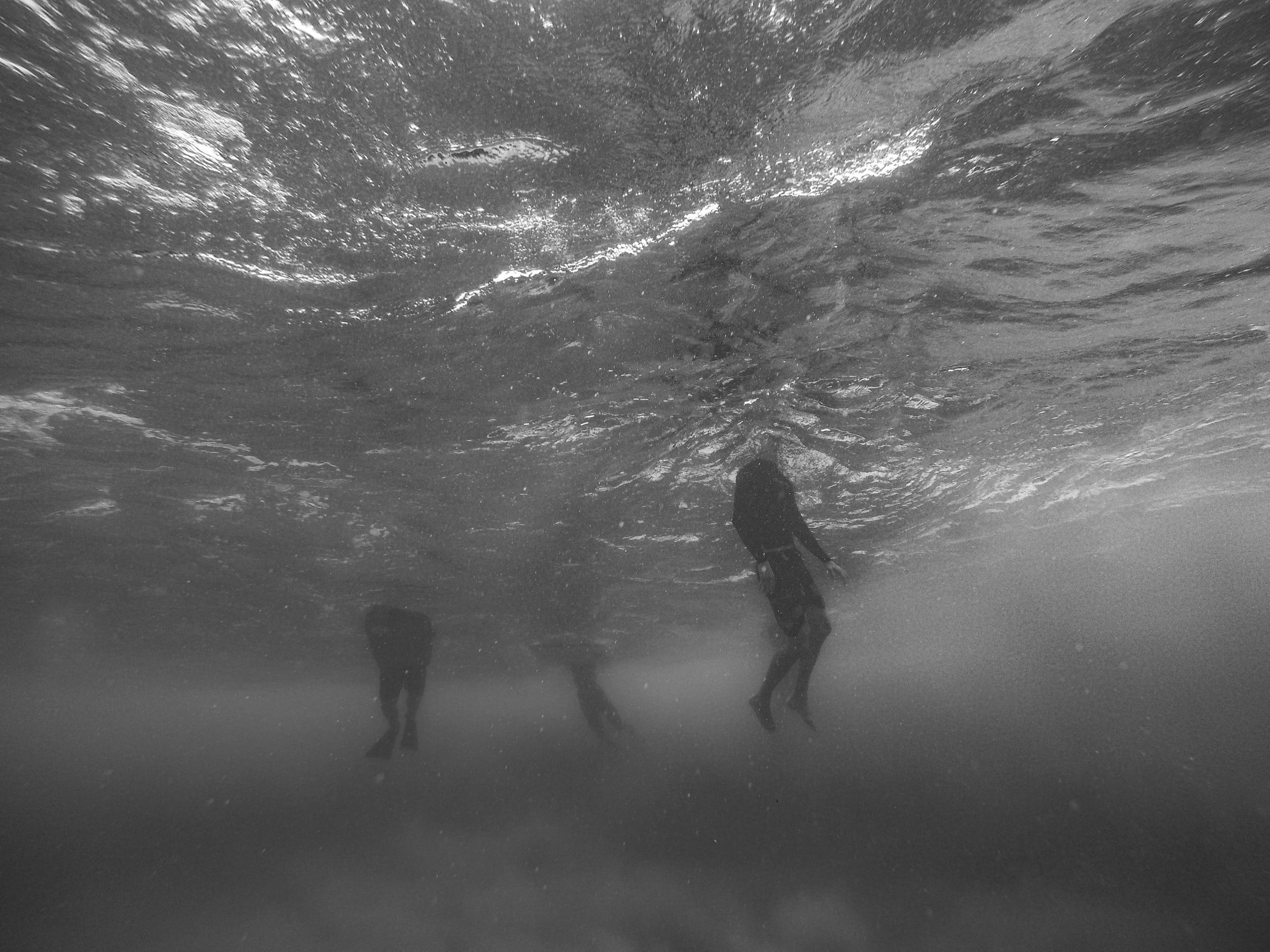
My Skin Drifts Away
By Merey Kossyn
Translated from the Kazakh by Mirgul Kali
She began to molt. The particles of skin separated from the naked body on the prayer mat, floated upward, and scattered in the air. A moment later, in perfect unity, they converged again to form a human body, the body of a girl. Reluctant to leave behind its owner, this skin, this ethereal shell of a body, kept circling the praying girl.
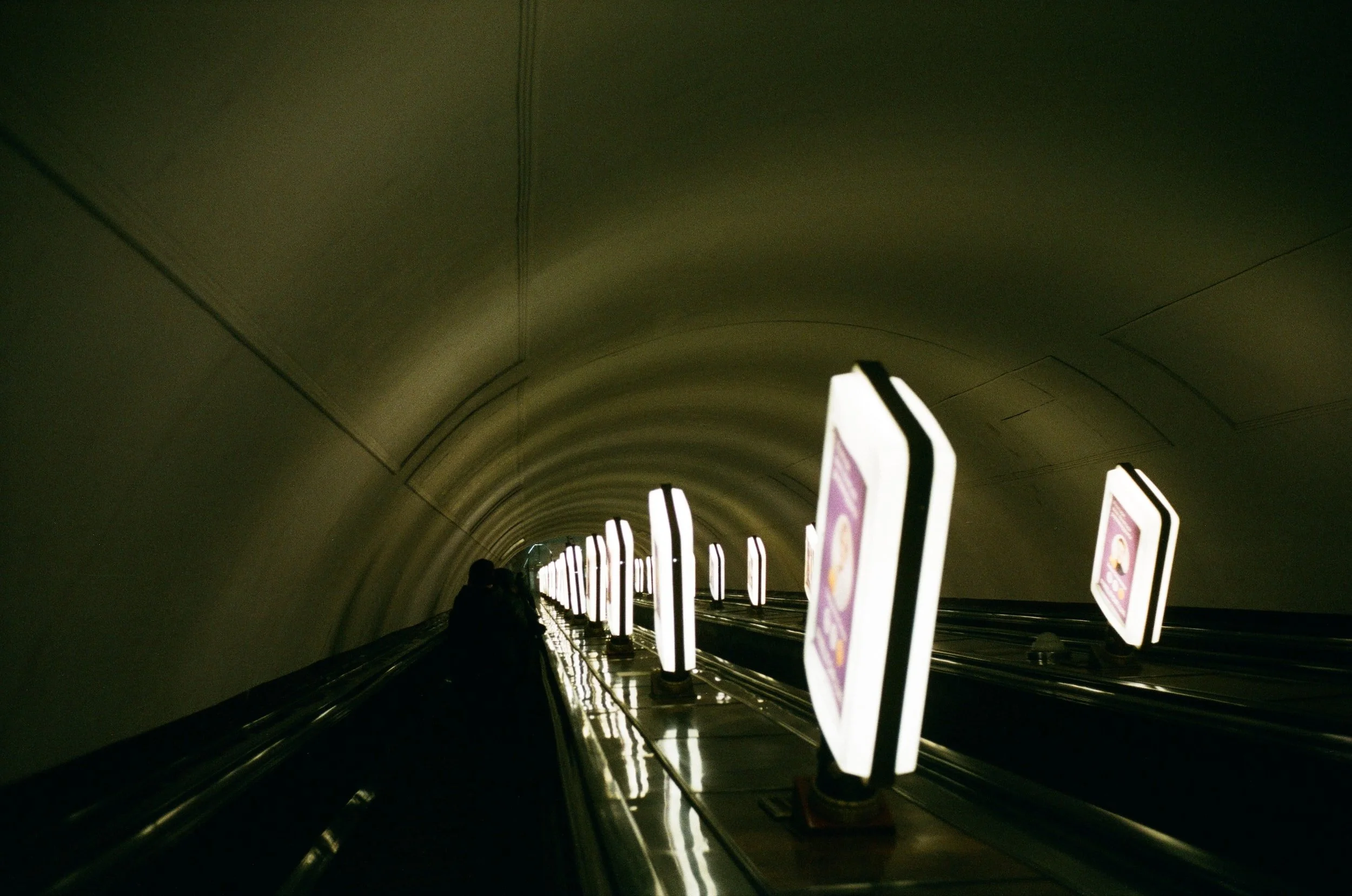
My First Bomb Shelter
by Ihor Pomerantsev
Translated from the Ukrainian by Yulia Lyubka and Kate Tsurkan
The train from Lviv to Kyiv arrived at six in the morning. As I stepped off the train, I was greeted by the song “Chestnuts are blooming again.” Soldiers on crutches stood on the platform. Thirty minutes later, I arrived at the hotel in Podil. At seven o’clock the air-raid siren went off. I headed down to the bomb shelter. My American colleagues were already there, so I attempted to translate a poem by the Kyiv poet Semen Hudzenko for them
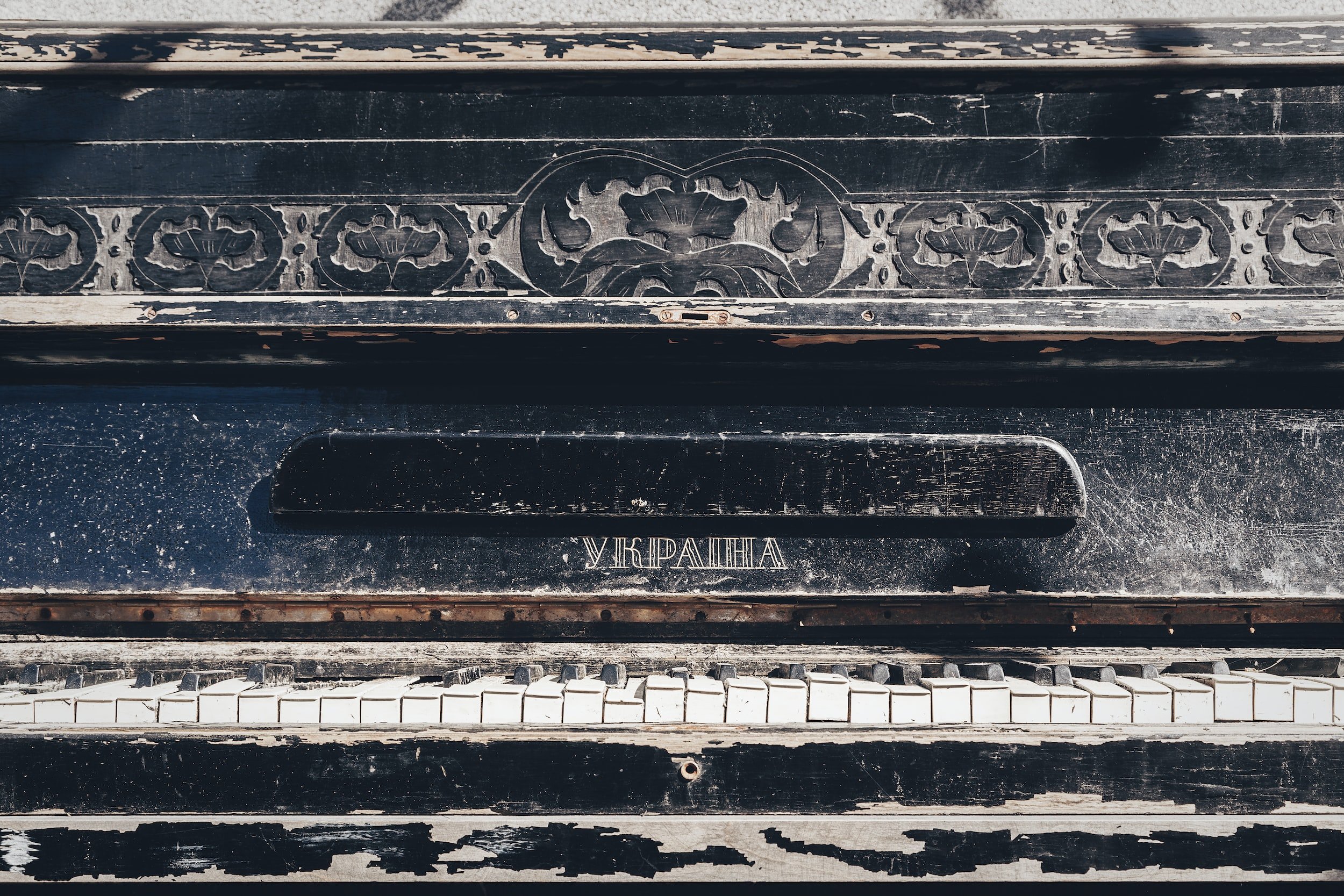
Explaining Reality
by Grigory Semenchuk
Translated from the Ukrainian by Yulia Lyubka and Kate Tsurkan
“Where are you from?” asks a group of men in expensive suits in the lobby bar of a small British town hotel. “From Ukraine,” I reply. “Wow, Ukraine! Are you here for the literary festival? How do you like it here?” they ask with genuine enthusiasm. “I like it, but I want to go home. I'm worried about my wife, parents, and friends. Yesterday our cities were bombed again all morning,” I explain. “Why do you want to go back? Bring your families here,” they suggest.
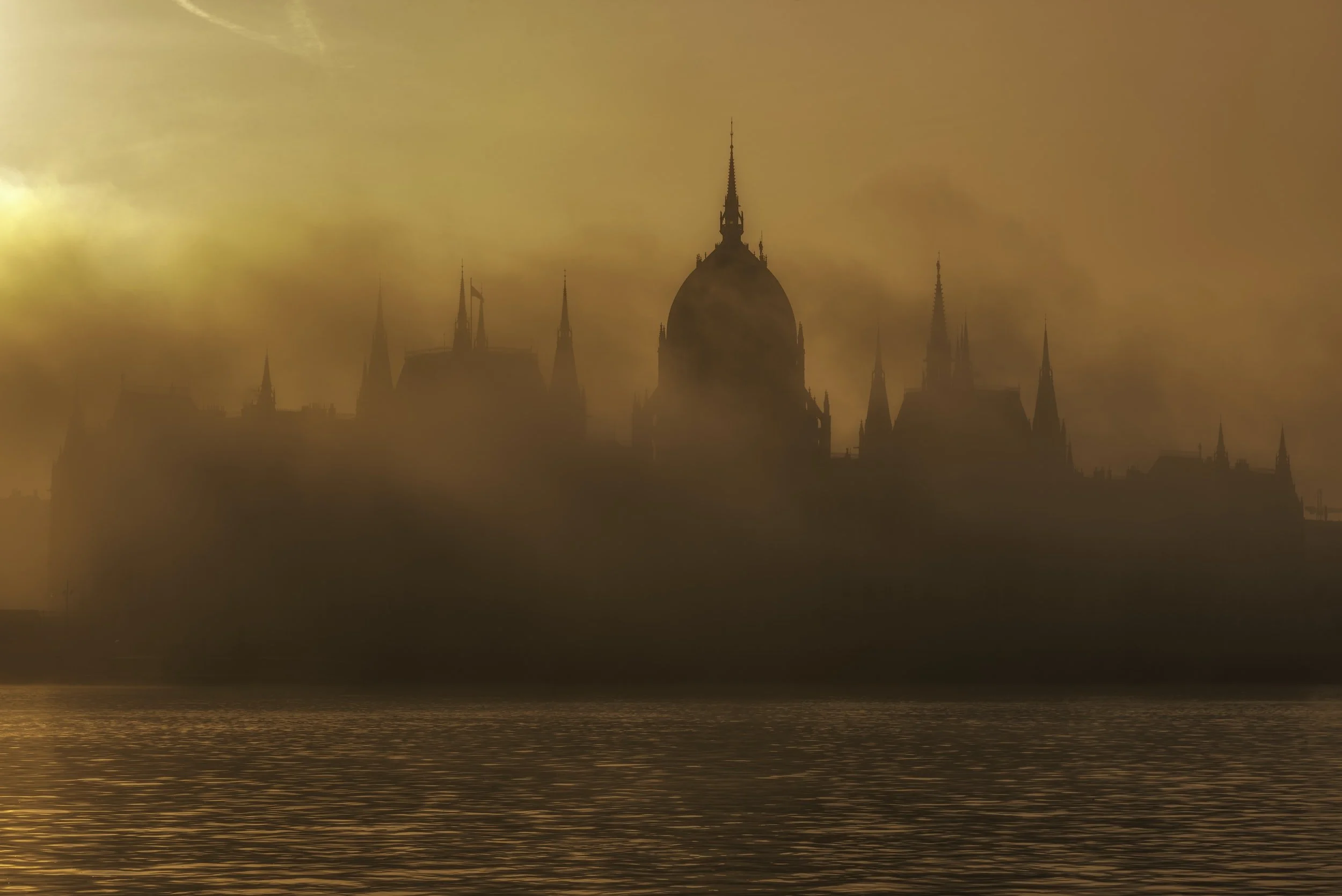
The Story of My Light
by Miklós Vámos
Translated from the Hungarian by Ági Bori
I am Hungarian, but that doesn’t mean that I am crying over Trianon or wearing old-fashioned folk costumes. It does mean I am a great admirer of the Hungarian language and, throughout my career, I have used it and its malleability to create my distinctive, multidimensional style. I truly enjoy the elasticity of the language. The Hungarian government? Not so much.

A Matter of the Heart
by Pavlo Matyusha
Making the right choice for your health during times of war is no simple task. It’s an unexpected challenge, much like the sudden sound of shelling. It can force you to reconsider your previous decision to fight for your country, and it’s often accompanied by fear. It’s the fear of what’s yet to come coupled with the longing to take a step back and ponder your life choices.
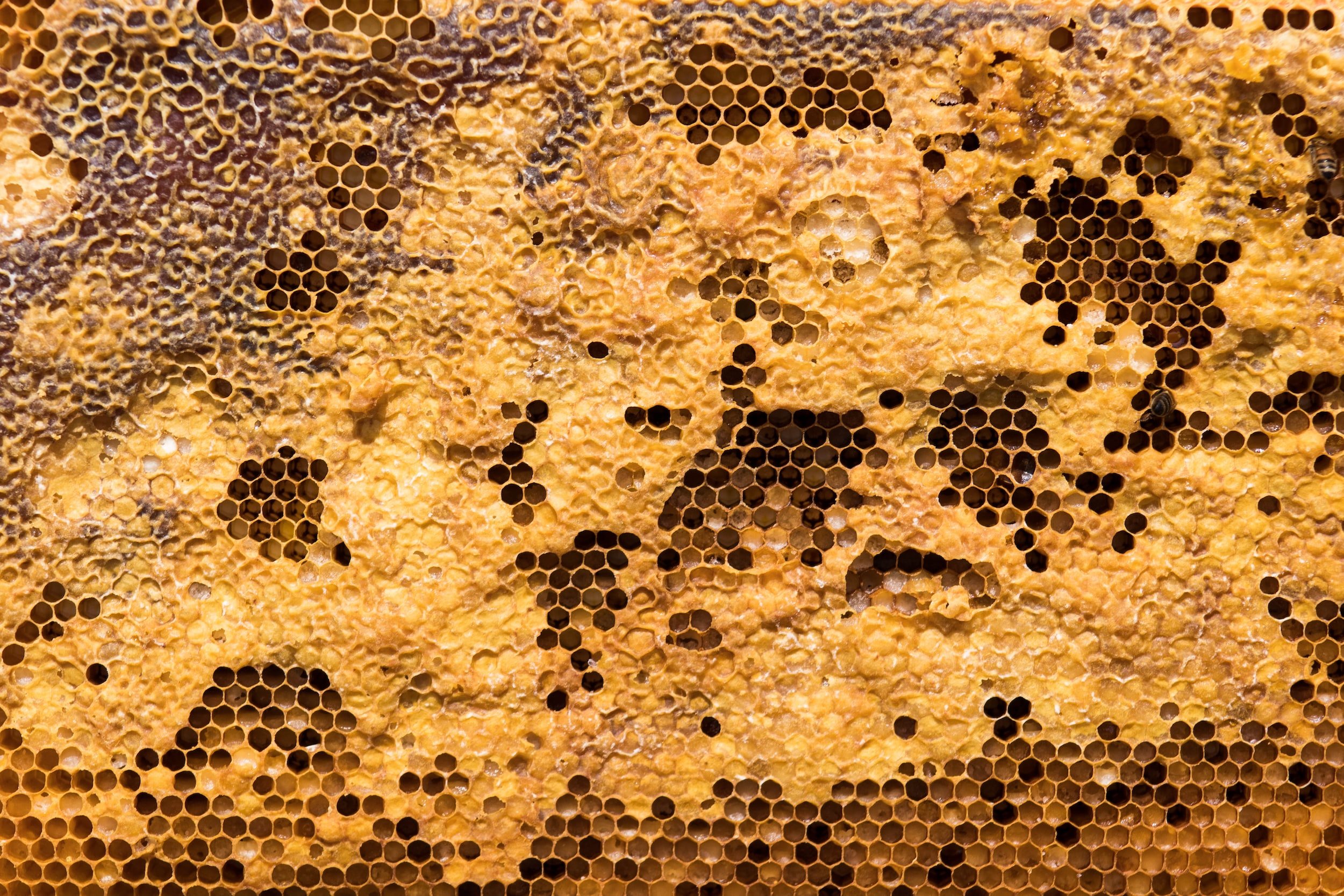
The War for Decolonization
by Taras Lyuty
Translated from the Ukrainian by Yulia Lyubka and Kate Tsurkan
Russia’s war against Ukraine is also taking place at the cultural level. For years, the Russian empire appropriated the achievements of Ukrainian artists and thinkers. The Ukrainian philosopher Hryhoriy Skovoroda is one such example. In 1912, the Russian philosopher Vladimir Ern wrote a book about him. He called Skovoroda a Russian philosopher, explaining that Ukraine was an uncivilized country, and Russia endowed Skovoroda with the opportunity to develop his talent.
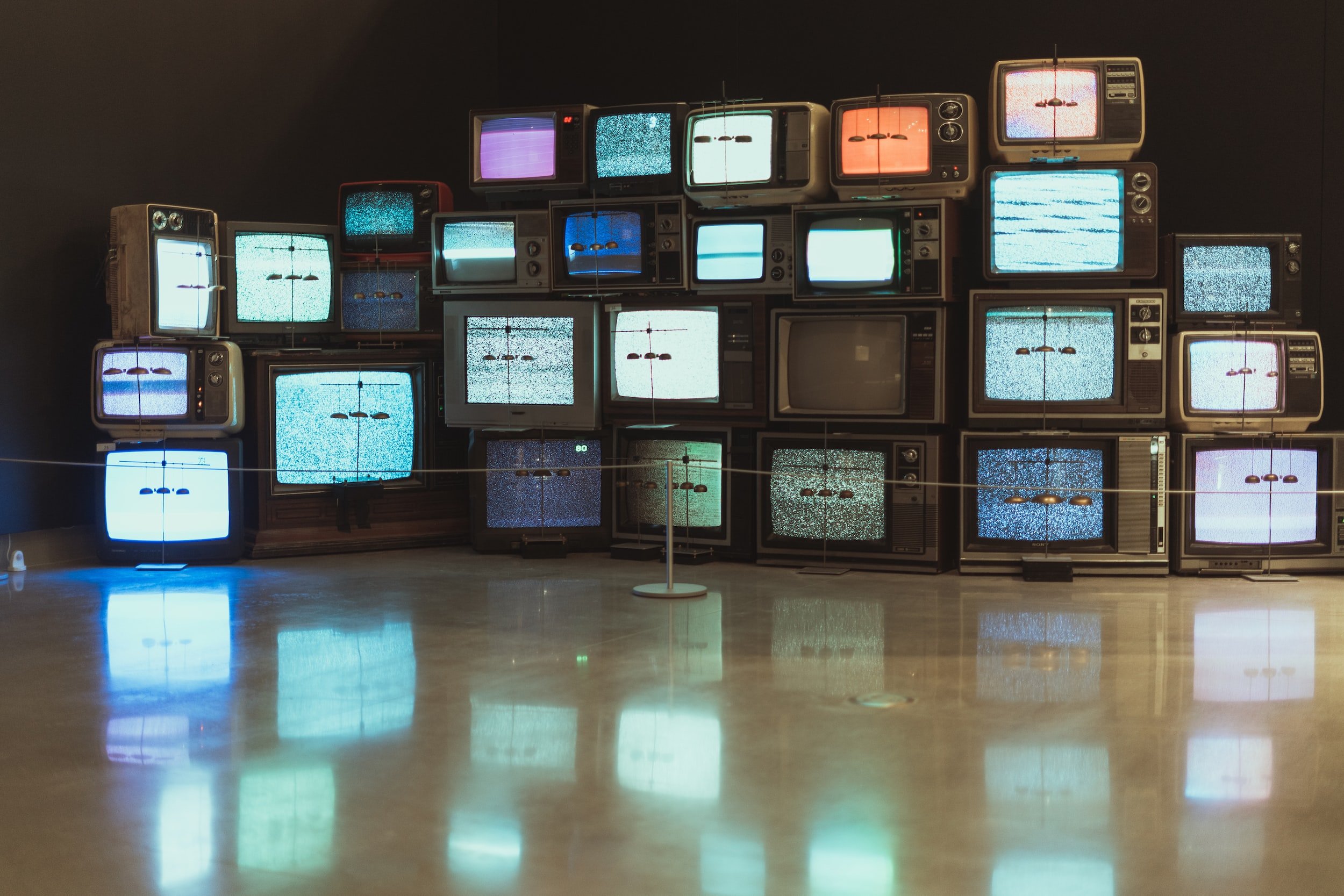
Evil Must Have a Name
by Stanislav Aseyev
Translated from the Ukrainian by Kate Tsurkan and Yulia Lyubka
I’m only 33 years old. In my lifetime I already endured electric-shock torture for 2.5 years in the notorious Russian concentration camp known as Izolyatsia, was released from there on a prisoner exchange, found the concentration camp's commandant right in the center of the Ukrainian capital and had the special services arrest him.

Keto and Kenosis
by Max Lawton
The dead of night and flames on either side made it completely impossible to make out anything but fire as such. That and the question of whether there were even that many trees around Santa Barbara to be set alight; I remembered it more as a sort of desert oasis nestled among low hillocks.
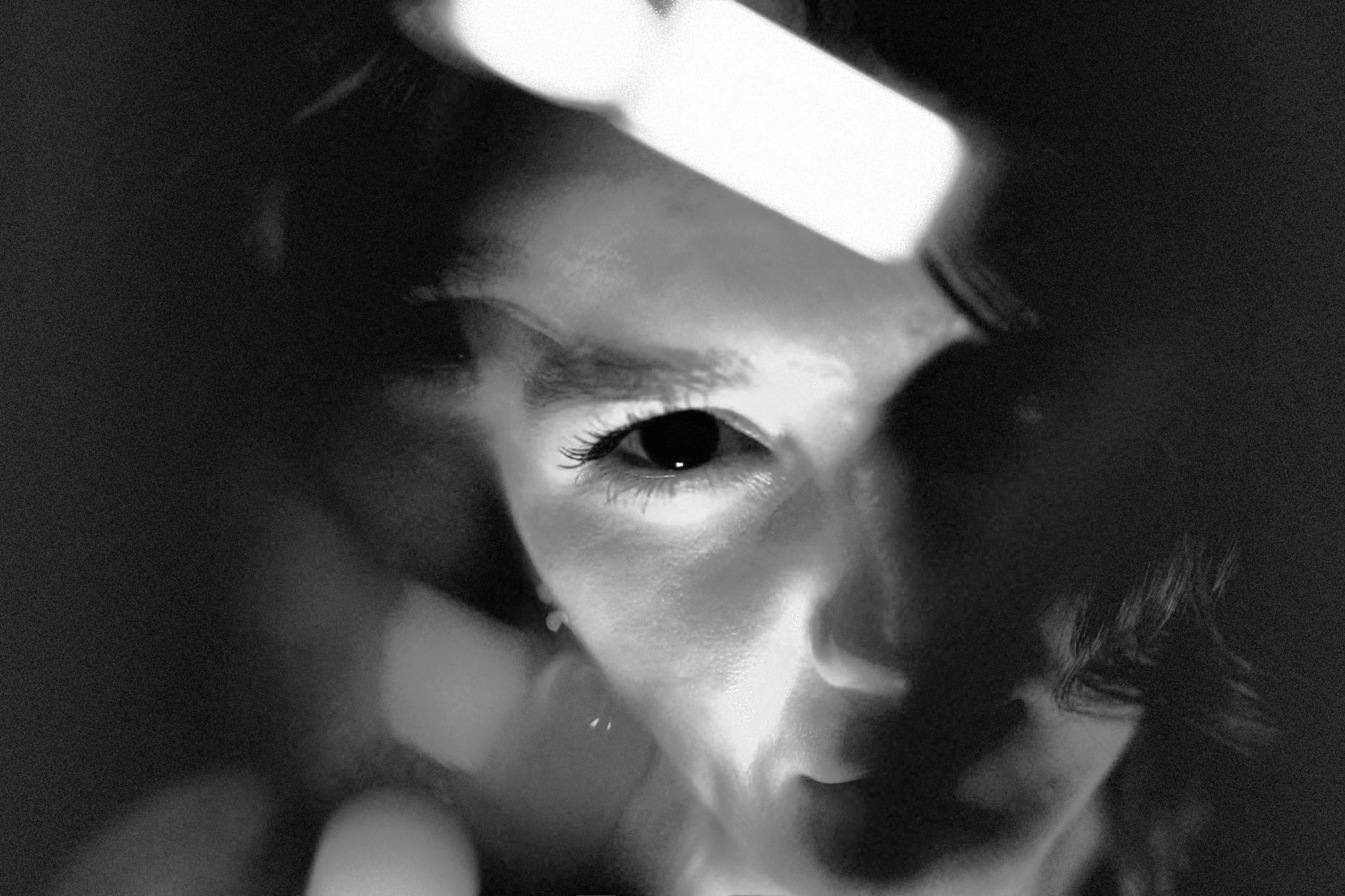
The Enemy
by Roman Malynovsky
Translated from the Ukrainian by Kate Tsurkan and Yulia Lyubka
Going out into the dark forest, there, in the darkness, in the winter silence, is the most terrifying thing. But I nod at this proposal, and so does Marta, followed by Ilya and the rest. We will go there and do what we fear the most because this is such a moment, and each of us feels it the same way: we are strong and confident we will succeed.

Music for a Soldier
by Artem Chekh
Translated from the Ukrainian by Yulia Lyubka and Kate Tsurkan
Music became my main companion in those forests, a mandatory addition to a soldier’s arsenal, just like a personal weapon or a tourniquet. Female singers became the soundtrack of my depression, the hellish nimbus of an eternal struggle between good and evil, the deafening sound of my loneliness, and the shadow of a soldier’s frustration.

Relieving the Terrible Knots of History: An Interview with Alex Averbuch
Interviewed by Sandra Joy Russell
“I have a quite banal belief that poetry is born out of something traumatic, something violent that you have to say in a broken language, to mock this violence, to imitate, to make it approachable, to adjust the words to what you’ve gone through. I don’t think poetry is beautiful; not sure what ‘beauty’ is.”
